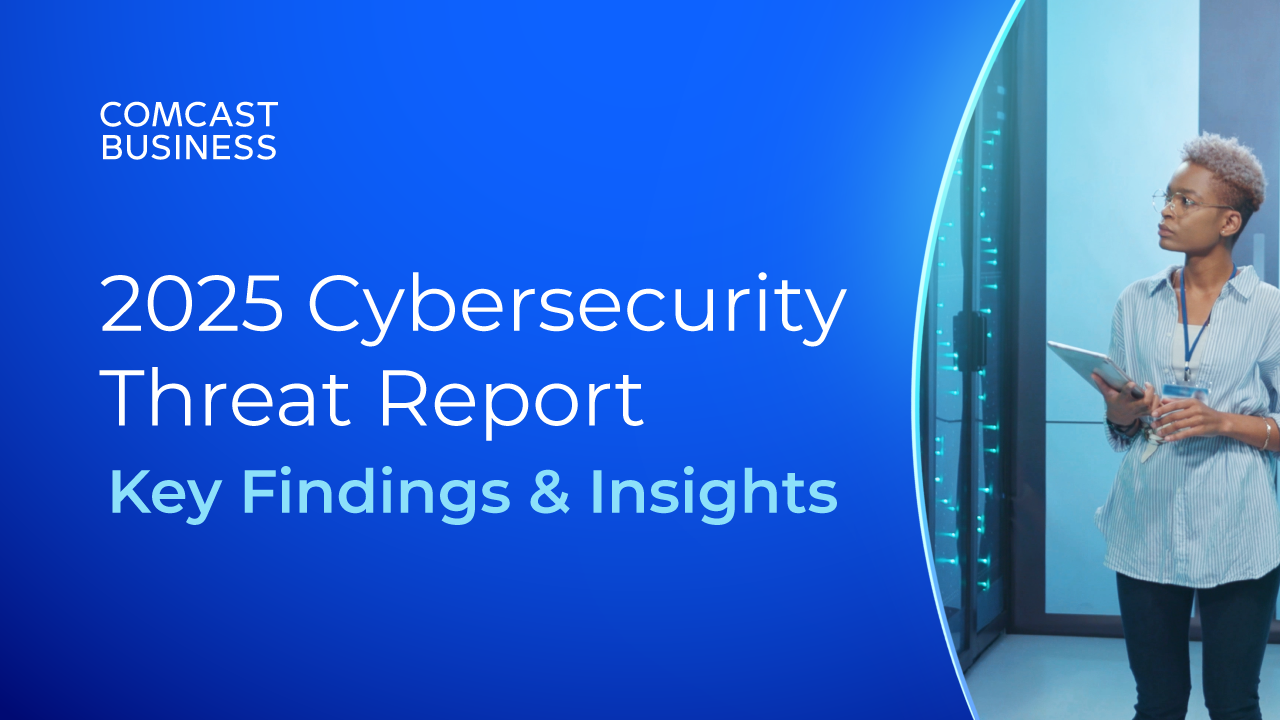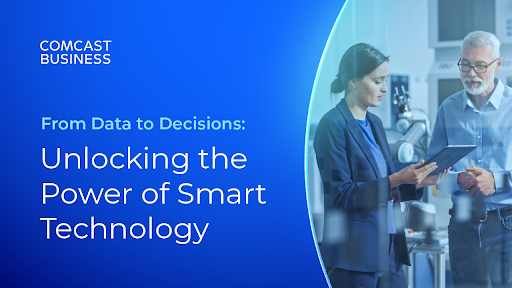Why the Future of Technology Will Be People-Centric

For all the hype around the newest and flashiest technologies that promise to disrupt the world year after year, the most meaningful innovations are typically the ones that help people. They help people achieve, connect, and create in new and better ways. They go beyond efficiency and automation—they shape our day-to-day experiences.
Today’s tech leaders face a pivotal challenge: balancing the need to adopt the latest tools without losing sight of how these tools address human needs, create meaningful experiences, and foster lasting connections.
In our new report “5 Tech Trends to Watch in 2025,” we use this people-centric lens to investigate some of the year’s most impactful technologies, including agentic AI, IoT, digital trust and more. Let’s take a look at some of the highlights.
Elevating Human Potential with AI
Generative AI is still having its moment in the spotlight—and it’s tough to overstate the impact it has had in the enterprise world in the short few years since it fully burst onto the scene with the release of ChatGPT.
But enterprise demands can be more specific, and broad and far-reaching generative AI applications are giving way to more autonomous, single-focus AI agents. These purpose-built AI agents can perform tasks autonomously, from routine data processing to personalized customer interactions. Consider an insurance company using AI agents to handle claims, or a legal process automation agent that’s embedded directly within a word processing application to review contracts and identify risk.
By offloading repetitive tasks to these AI agents, organizations free their people to focus on creativity, strategy, and innovation.
Experience is the North Star
Nearly every technology innovation can be connected to a single North Star: experience. Better experiences—both for customers and employees—serve as a primary competitive differentiator. Customers expect seamless, personalized interactions at every touchpoint, and employees seek tools that simplify their work and improve engagement.
Customer experience goes beyond product or service quality; it’s about every touchpoint a customer has with your business. Yet according to a recent research report, 81% of leaders believe they excel at CX, but only 20% of customers agree. Today’s customers are savvy, seeking continuous engagement through personalized experiences. Over half will switch brands after just one bad experience, making it clear that delivering tailored, memorable interactions is critical.
People-centric technology is key to creating smoother, faster, and more meaningful customer experiences. Companies using AI, IoT, and advanced analytics will have an edge, as they can tap into deep insights about customer behavior to predict needs and offer personalized experiences.
However, to ensure that these experiences are well received, organizations need more than great technology—they need to earn trust.
Digital Trust in a Digital World
In this increasingly AI- and digitally-enhanced world, trust is essential—and sometimes fleeting. The flood of AI-generated content, chatbots, and deepfakes can make it difficult to ascertain the validity of digital information and identities—and creates a complex and ever-expanding attack surface for security teams to protect.
Enter digital trust, a multi-faceted concept that encompasses secure, transparent interactions across people and systems. Essentially, it’s a measure of a brand’s cybersecurity readiness, combined with the trustworthiness of person-to-person, person-to-machine, and machine-to-machine digital interactions.
And for enterprise organizations, the stakes go beyond network security. It plays a key role in brand reputation, with 62% of people saying it represents an important factor when choosing whether to engage with a brand. Companies that prioritize digital trust are seen as reliable partners, strengthening customer relationships and driving growth.
Building that trust isn’t a single-track initiative. It involves adopting cybersecurity measures like zero-trust frameworks and advanced threat detection, alongside more customer-facing transparency and accountability practices.
A People-Centric Path Forward
As AI evolves, it will deliver smarter systems and more personalized experiences. And trust will remain the foundation for lasting relationships. As the next waves of digital transformation unfold, how business leaders account for human potential could have as much bearing on success as the technology itself.
Explore the full report, "5 Tech Trends to Watch in 2025" from Comcast Business.
Explore how new technology is empowering employees and building better customer experiences.
Locked Content
Click on the button below to get access
Unlock NowOr sign in to access all content on Comcast Business Community
Resource Center
Learn how Comcast Business can help
keep you ready for what's next.










